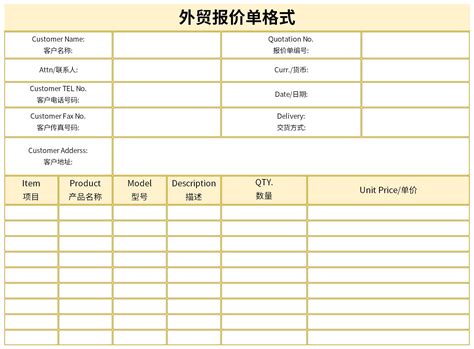服装外贸公司招聘跟单
Title: The Role of Clothing Export Coordinator in International Trade
Introduction:
The apparel industry is a significant contributor to the global economy, with clothing being one of the most traded commodities worldwide. Clothing export coordinators, also known as garment export or merchandising coordinators, play a crucial role in facilitating the smooth flow of international clothing trade. In this article, we will explore the responsibilities and skills required for a clothing export coordinator, as well as the challenges they may encounter and some suggestions to excel in this field.
1. Responsibilities of a Clothing Export Coordinator:
Communication and Coordination: Clothing export coordinators act as a bridge between clothing manufacturers and international buyers. They facilitate effective communication, understand clients' requirements, and coordinate the entire export process.
Product Development: Coordinators work closely with design and production teams to ensure that the clothing products meet buyers' specifications, providing samples, and coordinating any necessary modifications.
Order Processing: They handle purchase orders, invoicing, and shipping documentation to ensure timely and accurate processing of orders.
Quality Control: Coordinators are responsible for quality assurance, ensuring that the clothing products meet international standards and conducting inspections before shipment.
Logistics and Shipping: They coordinate with freight forwarders, shipping lines, and customs to arrange timely and costeffective transportation of goods.
Buyer Relationship Management: Coordinators build and maintain relationships with international buyers, understanding their needs, and resolving any issues that may arise during the export process.
2. Essential Skills for a Clothing Export Coordinator:
Excellent Communication and Negotiation Skills: Strong proficiency in English is essential for effective communication with international clients and suppliers. Negotiation skills are also crucial in handling price and contract negotiations.
Knowledge of International Trade Regulations: Good understanding of international trade policies, customs regulations, and documentation requirements is necessary to ensure compliance.
Attention to Detail and Time Management: Coordinators must be detailoriented to handle large volumes of paperwork accurately and be able to manage multiple tasks simultaneously.
ProblemSolving Skills: They should be able to quickly identify and resolve any issues or delays that may arise during the export process.
Cultural Sensitivity and Adaptability: Working with international clients requires an understanding of different cultural norms, business practices, and the ability to adapt to various customer preferences.
3. Challenges Faced by Clothing Export Coordinators:
Production Timelines: Meeting tight production deadlines and managing any potential delays is a common challenge.
Quality Control: Ensuring consistent product quality across different production batches and addressing any quality issues promptly.

Language and Cultural Barriers: Dealing with international clients from diverse linguistic and cultural backgrounds can sometimes lead to miscommunication or misunderstandings.
Payment and Financial Risks: Coordinators must be vigilant in managing payment terms, credit risks, and ensuring secure financial transactions.
Global Economic Factors: Fluctuating exchange rates, trade disputes, and geopolitical factors may impact the demand for clothing exports.
4. Suggestions for Excel in Clothing Export Coordination:
Stay Updated: Maintain knowledge of industry trends, international trade policies, and regulations to adapt to changing market dynamics.
Build Strong Networks: Establish and nurture relationships with suppliers, buyers, and industry professionals to gain insights and create opportunities.
Continuous Improvement: Attend relevant workshops, seminars, or pursue courses to enhance communication, negotiation, and technical skills.
Embrace Technology: Use software systems or platforms that help streamline and automate export processes, such as order tracking, inventory management, and documentation.
Seek Feedback: Regularly seek feedback from clients and suppliers to improve service quality and understand their changing needs.
Conclusion:
Clothing export coordination requires effective communication, strong organizational skills, attention to detail, and a comprehensive understanding of international trade practices. By mastering these skills, staying updated with industry trends, and fostering strong relationships, clothing export coordinators can navigate the complexities of the global apparel market successfully.











